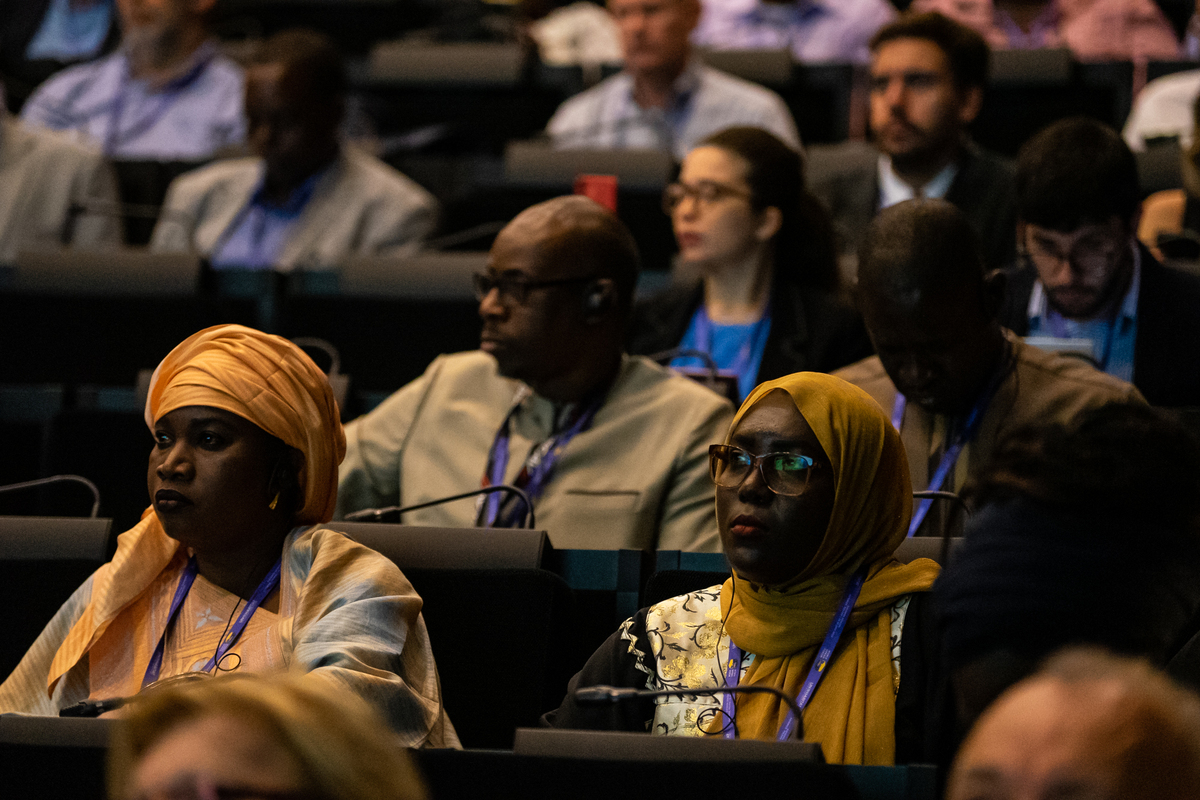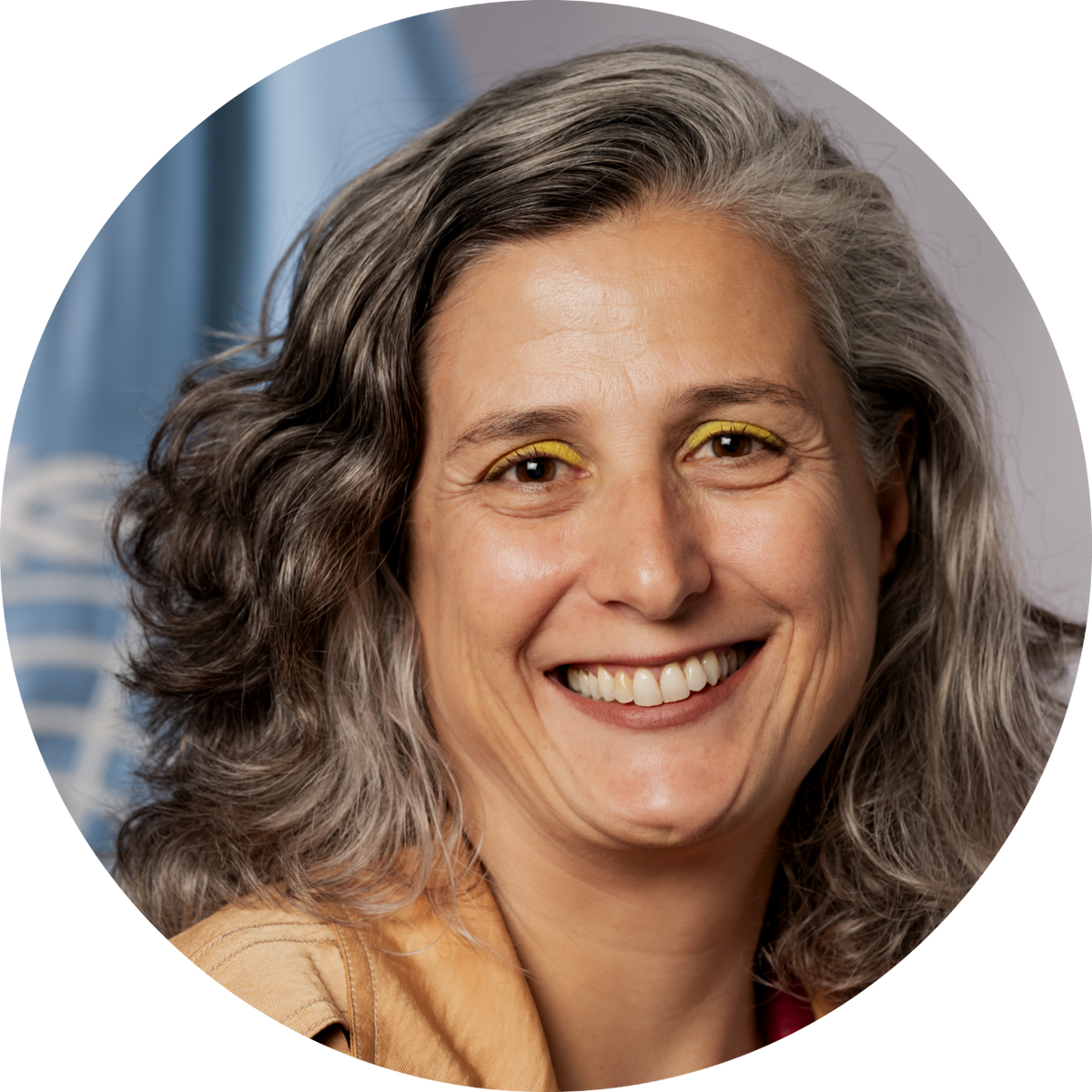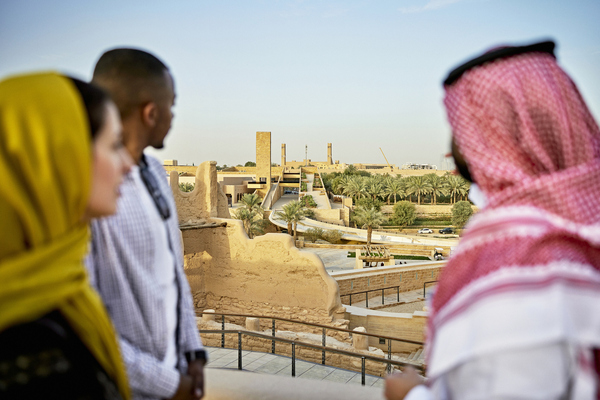Urban policies and housing as drivers of economic growth in Africa
Sponsored by UN-Habitat
The African continent is undergoing a transformative urbanisation surge. As cities in Africa grow and expand, the challenges faced by communities increase. Urban policies and housing, as well as the transformation of informal settlements, can be a game-changer, uplifting people out of poverty and creating a sustainable, prosperous and integrated Africa for all.
These are some of the things we discussed at the first Africa Urban Forum, held on 4-6 September 2024 in Addis Ababa, Ethiopia. It was my first opportunity, as the newly appointed Executive Director of UN-Habitat, to meet with Africa’s leaders and hear first-hand accounts of the challenges and opportunities facing the continent. Data tells us that Africa’s urban population is set to double by 2050, growing by 600 million people. Cities are already powering Africa’s economies, contributing nearly 60 per cent of the continent’s GDP. By 2025, Africa will host six more megacities, with Luanda, Dar es Salaam, Cairo, Kinshasa, Lagos and Greater Johannesburg on track to become some of the world’s largest metropolitan hubs.
Rapid urbanisation presents its own significant challenges, however. The key question is, are African cities ready? Where and how will they house the growing population? With nearly 240 million people living in informal settlements, representing almost half of Africa’s urban population, cities are facing systemic infrastructure gaps. Millions still lack access to water, electricity and sanitation. At the same time, unplanned urban sprawl has been threatening rural and environmental surroundings and biodiversity; it also creates social tensions and adds pressure on municipal fiscal revenues.
Yet significant progress has been achieved. About 500 million people gained access to basic drinking water and 290 million to basic sanitation services, according to UNICEF and WHO data. UN-Habitat has contributed to the development of enabling policy frameworks, allowing more than 40 national urban policies and several innovative initiatives – such as the Participatory Slum Upgrading Programme – to see the light of day. Together, these developments lead to an improved environment for more people, as well as nature-oriented urban planning, where housing and the transformation of informal settlements are properly addressed.
Among the topics discussed at the forum, including local economic development through informal settlement transformation and the relevance of cities to national economic growth, finance and fiscal capacity took centre stage. Financing for local development means prioritising urban planning and unlocking land to both increase revenues and reduce infrastructure costs, which currently drive housing prices up. We also need to find ways to attract domestic and international capital to cities, including public and private investments in deprived and vulnerable settlements. The New Urban Agenda, a global framework document adopted in Quito in 2016, recognises the social and ecological function of land and principles that enable the development of planning mechanisms and regulations.
The final Africa Urban Forum declaration, endorsed by ministers of housing and urban development, revealed a common understanding and a vision of the opportunities brought about by urbanisation. It also called attention to the urgent need to fill infrastructure gaps and access to housing and basic services.
The provision of adequate, affordable and sustainable housing is crucial to achieving the African Union’s Agenda 2063, which envisions a peaceful, prosperous and integrated continent driven by its own citizens. Adequate housing directly contributes to key aspirations of Agenda 2063 and aligns with the UN’s Sustainable Development Goals and the New Urban Agenda.
To realise this vision, we must forge strong partnerships between national and local governments, the private sector, civil society and international organisations. Mobilising greater resources and political will is essential to support urban development across Africa. I am particularly focused on forming coalitions, fostering people- and nature-oriented urban planning and leveraging innovative financing mechanisms to implement urban development and housing projects that can transform Africa’s cities.
My vision is to build on the existing successes and scale up our efforts to address the critical issues of housing, informal settlements transformation and climate change. Collectively we need to ensure that people in Africa have access to safe, affordable and sustainable housing. And I am committed to it.
The Africa Urban Forum was a critical platform and an important milestone for addressing the unique challenges and opportunities of urbanisation in Africa. It provided a space for policymakers, urban planners, researchers and civil society to come together, share knowledge and develop strategies to guide sustainable urban development on the continent, and most importantly build a regional coalition.
The outcomes of this forum will play a crucial role in shaping the global urban agenda at the upcoming World Urban Forum in Cairo. Africa’s voice will be pivotal in guiding cities towards becoming centres of prosperity, resilience and opportunity – not just for the continent, but for the world. We will continue this work at the 12th session of the World Urban Forum from 4 to 8 November in Cario, Egypt.


This opinion piece opens a series of opinions and commentaries ahead of the 12th session of the World Urban Forum from 4 to 8 November 2024 in Cairo, Egypt. Thought leaders and urban movers and shakers who plan to take part in this global event on sustainable urbanisation will be sharing their ideas on how to create a better urban future for all.
To register, visit wuf.unhabitat.org.
By Anacláudia Rossbach, United Nations Under-Secretary-General and Executive Director, UN-Habitat

Anacláudia Rossbach is United Nations Under-Secretary-General and the Executive Director of UN-Habitat. An economist with over 20 years of experience in housing, informal settlements and urban policies, she was the Director for Latin America and the Caribbean at the Lincoln Institute of Land Policy and served as Regional Manager for Cities Alliance. She oversaw the development and implementation of Brazilian housing and slum-upgrading policies at the World Bank.

Business Reporter Team
Most Viewed
23-29 Hendon Lane, London, N3 1RT
23-29 Hendon Lane, London, N3 1RT
020 8349 4363
© 2024, Lyonsdown Limited. Business Reporter® is a registered trademark of Lyonsdown Ltd. VAT registration number: 830519543





